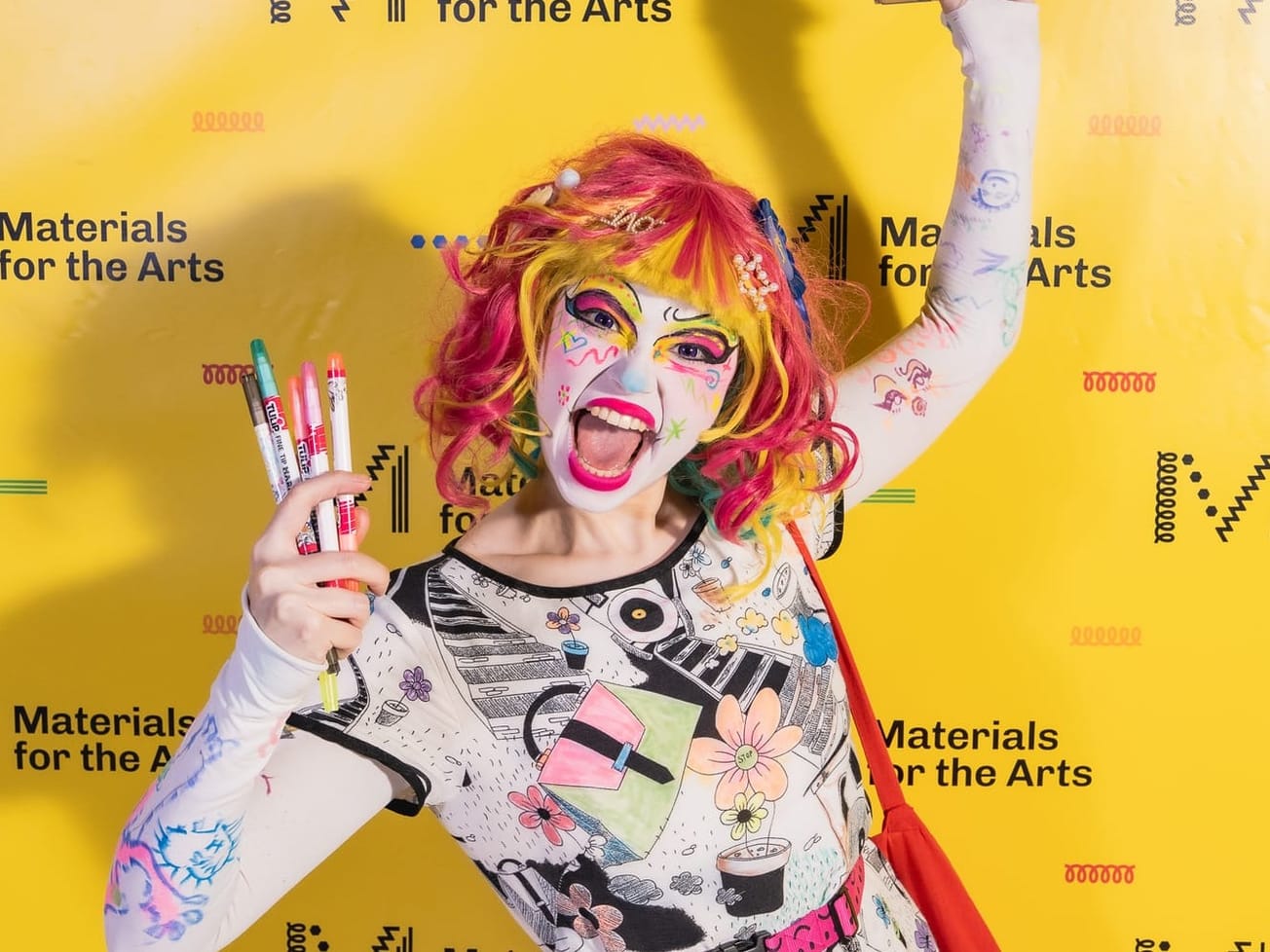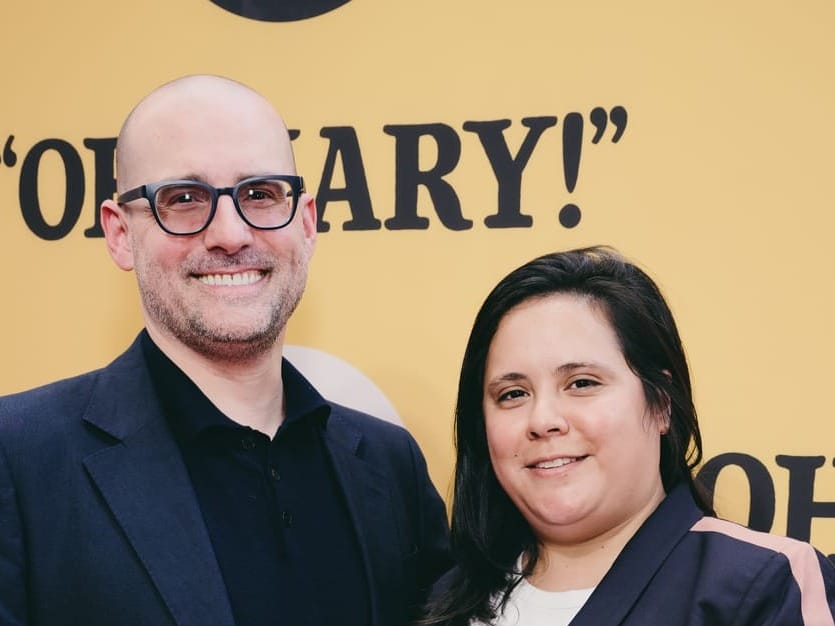Red tights and bowler hats. Buttons that read “Ask Me About Broadway!” Flyers brandishing show logos and discounts. These are the staples of Times Square. For those who work in theater and traverse the crossroads of the world every single day, it can be easy to see these as something to avoid. But the people who make up Broadway street teams, as they’re known, aren’t just bodies in a crowd — they are a crucial piece of Broadway advertising and a driver of ticket sales.
For the general public, street teams are often the first touchpoint to a theater production. As such, the people working these street teams go beyond ticket-selling. They serve as extensions of a show’s brand, contribute to the general Broadway education for potential theatergoers and provide feedback to producers and marketers about what they’re hearing on the ground from target audiences.
Street teams generally congregate in Times Square, particularly near the TKTS discount booth — though placement can vary from show to show. (If eyeing the tri-state area, the presence of street teams at transit hubs is essential.)


























































